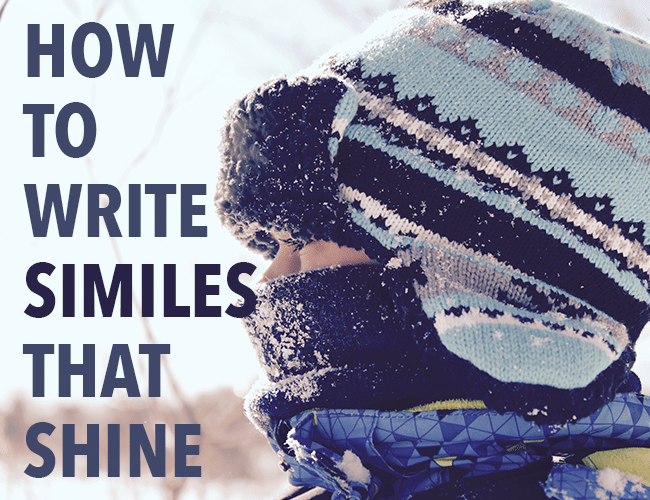
by Guest Blogger |
If you’re anything like me, you hope in your heart of hearts that your writing will reveal a Great Truth to your readers, that it will open a doorway to compassion and understanding that will ripple out to change the world. Ah!
The authors who have been most effective in ushering me to that doorway are those whose writing reveals connections between images, ideas, and sensations I otherwise would have missed. Like Annie Dillard’s terrific simple line: “The air bites my nose like pepper.”
How did Dillard come up with such a lively sentence, one that bridges two physical sensations (cold and biting) and scent (pepper)? And how can we play around with unlike sensations to create similes that shine?
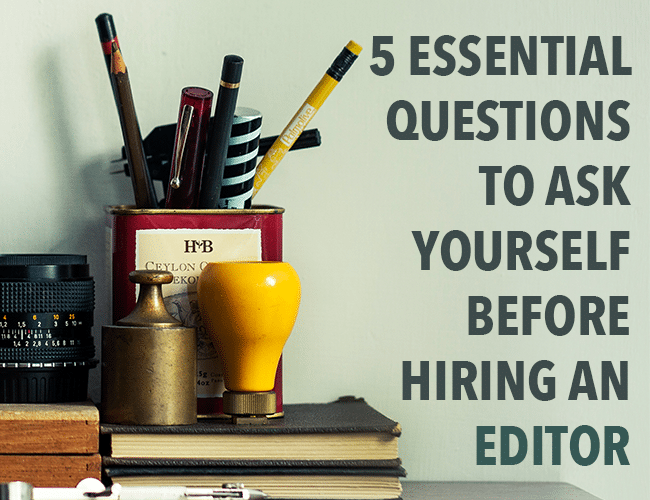
by Guest Blogger |
You finally finished writing your book. There’s a glimmer of hope that the end is near. It’s time to pass your rough draft on to an editor to clean it up, right?
Not so fast. Have you revised it yourself yet?
What a lot of bestselling authors and writing coaches will tell you is the hard part of writing a book is not writing the book. The hard part is rewriting your book.
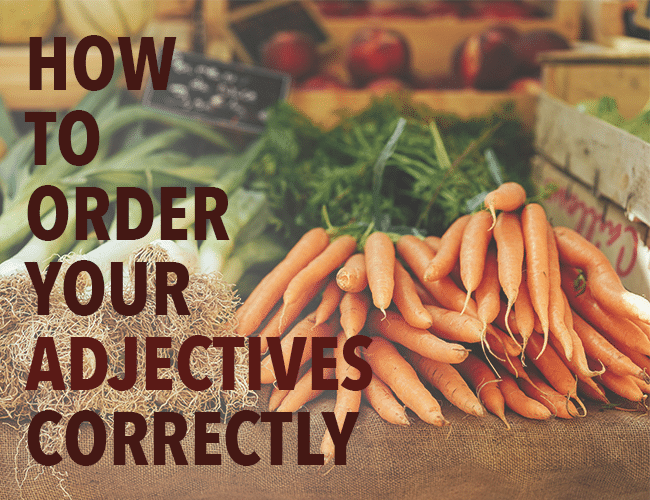
by Alice Sudlow |
Do you like delicious, large, fresh, round, red apples? Or do you prefer crunchy, long, orange, locally grown carrots?
Whatever your produce preferences, I bet you don’t like red, large, delicious, fresh, round apples or locally grown, orange, long, crunchy carrots.
If you’re confused about this, you’re not alone. J. R. R. Tolkien ran into this little-known quirk of English grammar when he first began writing.
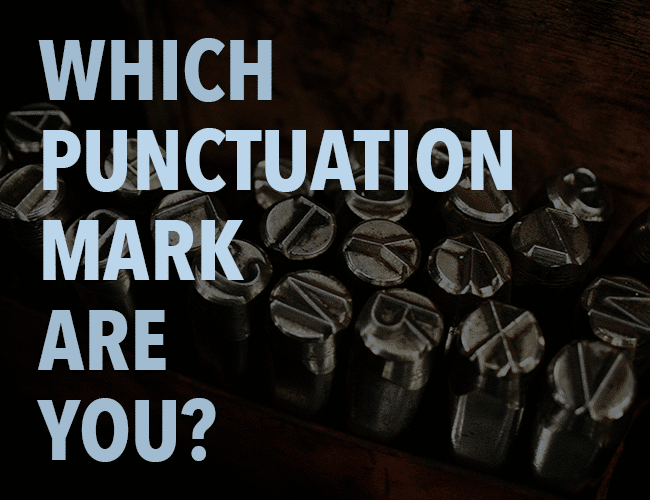
by Kellie McGann |
Today on the blog, we’ve decided to have a little fun. We created a quiz that will determine which punctuation mark you are!
Punctuation marks can completely change a sentence, a paragraph, and an entire novel. Every writer uses them differently and we often have favorites that accompany our writing.
So we decided to create a quiz to help you determine which punctuation mark you might be most like.

by Guest Blogger |
I’m pretty confident most of you know how to write a decent sentence: subject–predicate, noun–verb. However, when it comes to getting fancy, ambiguity can happen. And you can confuse your readers to boot.
Let’s take “only,” “both . . . and,” and “either . . . or,” for example. Where do you put them? And why does it matter?
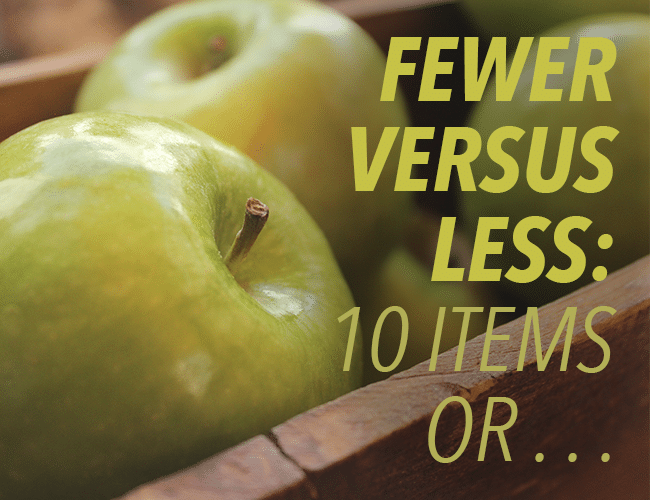
by Liz Bureman |
Let’s say you’re living the dream and writing a chapter of word problems for a grade school math textbook. You’ve got a girl named Mandy who has sixteen apples. You’ve got a guy named Frank who has four fewer apples than Mandy.
Wait. Is it four fewer or four less?
Let’s discuss, shall we?








